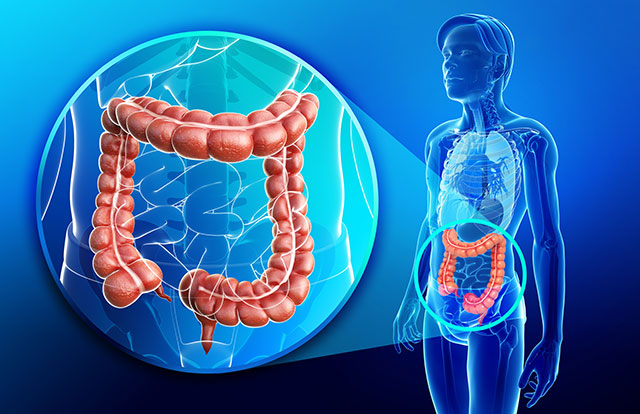Study: Skipping breakfast can lead to heart disease
04/02/2019 / By Jude Henry

When you look at the word “breakfast” literally, it says “break” and “fast.” Breakfast is a time to break the fast that started the evening before and lasted throughout sleep. So it’s important to break the fast each day, rather than skipping the meal and trying to power through.
Skipping breakfast doesn’t just cause you to be overly hungry, foggy-brained and irritable. It can also have serious negative effects on your health. A study coming from Columbia University that was published in the journal Circulation tells just how dire those effects can be.
The article reported that not eating breakfast increased the risk of heart disease, stroke, high blood pressure, diabetes and obesity. That’s not exactly a risk that anyone should take. And it’s wonderful to eat healthy, organic, real food, but meal timing may be just as important as what a person eats, according to the study.
“Meal timing may affect health due to its impact on the body’s internal clock,” noted Marie-Pierre St-Onge, the study’s lead author. “In animal studies, it appears that when animals receive food while in an inactive phase, such as when they are sleeping, their internal clocks are reset in a way that can alter nutrient metabolism, resulting in greater weight gain, insulin resistance and inflammation.”
The researchers pointed out that more research would need to be completed to confirm their ideas.
Quick and easy breakfast options
It’s important to steer clear of the typical breakfast, which consists of a bowl of sugary cereal immersed in hormone-laden milk, a doughnut sprinkled with artificial flavorings and colors, or a greasy GMO selection from a fast food menu. Instead, energize at the beginning of the day with real, organic foods. Focus on eating plenty of protein. Sources can include eggs, nuts, seeds, nut or seed butter, yogurt, chicken or turkey. Foods like quinoa are also high in protein.
Also include enough healthy fat like coconut oil, butter or ghee. This combination of adequate protein and fat will help you feel full for longer and not have to eat as soon as you would if you just eat a bowl of cereal or piece of toast. Round out breakfast with some vegetables or fruit. You will probably find that your body and mind are ready to hit the ground running when you eat this way.
Many people who don’t eat breakfast say they don’t have the time to get a meal ready and gobble it down when they’re rushing to get out the door in the morning. To solve that, try having something simple and easy. Quinoa flakes or scrambled eggs cook in only a couple minutes.
Or make hard-boiled eggs and granola ahead of time, and they’ll be set to eat in a hurry. Smoothies are another great option. Fruit like berries, bananas, apples and grapes are also super convenient and require no preparation time. Just don’t eat too much fruit for breakfast or you could spike your blood sugar and crash a little while later. Try just a small serving of fruit with healthy fat and protein.
Timing of meals is an important issue
The Columbia University study that looked at the effect of not eating breakfast also evaluated eating at the opposite end of the day, the evening. Researchers found that eating too late in the day could also contribute to heart disease.
So when to eat is a Goldilocks issue: The timing has to be just right. Make it your goal to be a Goldilocks when it comes to meal timing, and see how your health improves as a result.
Sources include:
Tagged Under: breakfast, diabetes, disease risk, food cures, food is medicine, heart disease, meal times, meal timing, nutrition, obesity, organics, prevention, stroke, weight loss


















